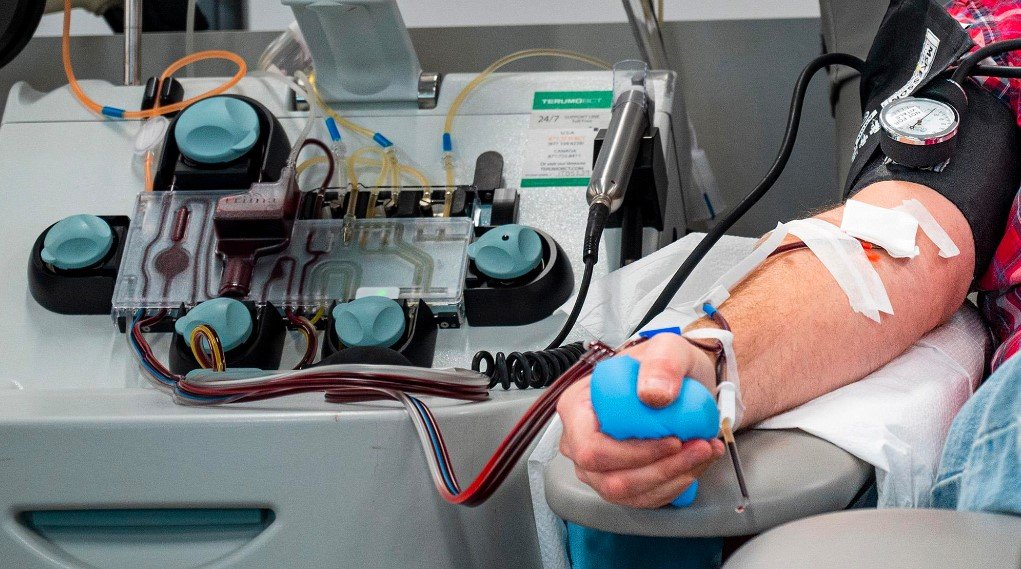In recent times, an increasing number of individuals have reported receiving peculiar phone calls from the number 8887394004. The caller often claims to represent a blood donation organization, soliciting donations. However, upon closer examination, it becomes evident that these calls are not what they seem. The complexities surrounding the 8887394004 blood donation spam call, shedding light on its deceptive nature and potential repercussions.
Understanding the Phenomenon of 8887394004
The prevalence of the 8887394004 blood donation spam call raises concerns about privacy invasion and ethical implications. Recipients of such calls are often left perplexed, contemplating the legitimacy of the claims made by the caller. Moreover, the persistence of these spam calls highlights the need for heightened awareness and vigilance among phone users.
Unveiling the Tactics
The modus operandi employed by perpetrators of the 8887394004 blood donation spam call typically involves persuasive language and emotional manipulation. Callers may utilize phrases designed to evoke sympathy or guilt, thereby coercing unsuspecting individuals into divulging personal information or making monetary contributions. Furthermore, the anonymity afforded by phone calls enables scammers to operate with impunity, complicating efforts to combat this fraudulent activity.
Navigating the Legal Landscape
While legislation exists to address telemarketing fraud and protect consumers, enforcement mechanisms may prove inadequate in the context of spam calls originating from sources beyond national jurisdiction. Additionally, the dynamic nature of technology presents challenges in tracing and apprehending individuals responsible for orchestrating such schemes. As such, regulatory bodies must adapt swiftly to mitigate the proliferation of spam calls and safeguard the interests of the public.
Impacts on Society of 8887394004
Beyond the immediate inconvenience posed to recipients. The 8887394004 blood donation spam call underscores broader societal issues surrounding trust and integrity. Instances of phone-based deception erode confidence in legitimate charitable organizations and foster cynicism among the populace. Moreover, vulnerable individuals, such as the elderly or those with limited technological literacy, may be disproportionately affected, exacerbating feelings of vulnerability and mistrust.
Mitigating the Threat
Effective countermeasures against the 8887394004 blood donation spam call necessitate a multifaceted approach encompassing technological solutions, public education campaigns, and collaborative efforts between telecommunications providers and law enforcement agencies. Enhanced caller identification systems and call-blocking functionalities can serve as deterrents to fraudulent activity, while educational initiatives empower individuals to recognize and report suspicious calls promptly.
Conclusion
The proliferation of the 8887394004 blood donation spam call represents a troubling manifestation of modern telecommunications fraud. By understanding the tactics employed by perpetrators, navigating the legal landscape, and fostering societal resilience, stakeholders can work collectively to mitigate the threat posed by such deceptive practices. Ultimately, fostering a culture of vigilance and accountability is paramount in safeguarding individuals against the perils of phone-based scams.

